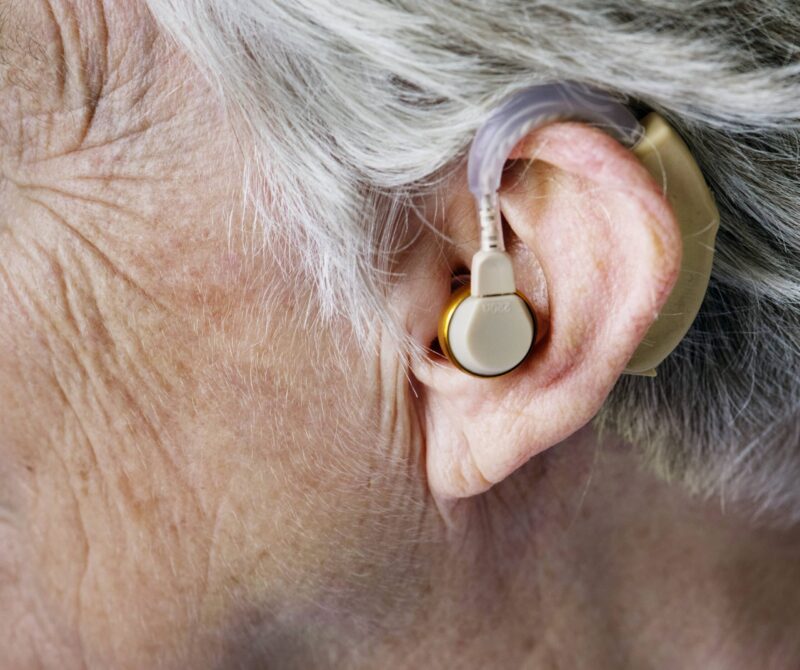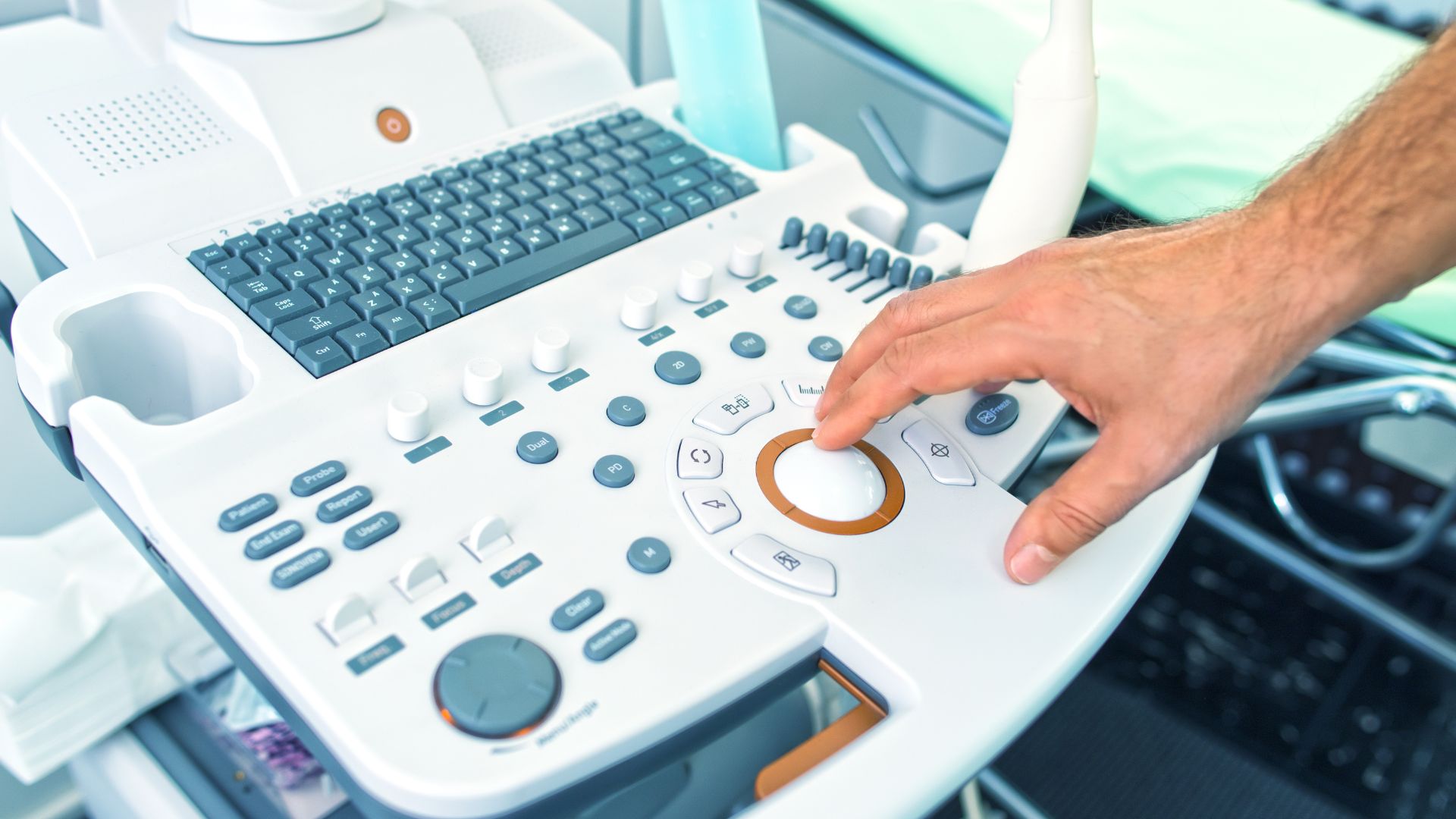On August 17, 2022, the U.S. Food and Drug Administration (FDA) issued a final rule establishing a new over-the-counter (OTC) category of hearing aids for consumers with perceived mild to moderate hearing impairment. The rule, effective October 17, 2022, will allow consumers to purchase hearing aids from online retailers and stores without a prescription, medical exam or fitting adjustment. This action is intended to offer more affordable and accessible hearing aid options for U.S. consumers.
Read on for background on the final rule and compliance deadlines for OTC hearing aid manufacturers.
Get assistance with FDA compliance.
Registrar Corp’s Regulatory Specialists help companies comply with FDA requirements.
For assistance with FDA regulatory requirements, call: +1-757-224-0177, email: info@registrarcorp.com, or chat with a Regulatory Advisor 24-hours a day: www.registrarcorp.com/livechat.
Creation of the OTC Hearing Aid Final Rule
FDA issued the proposed rule to create a category of OTC drugs for hearing aids on Oct. 20, 2021 in response to President Biden’s July 2021 Executive Order on Promoting Competition in the American Economy. The order required FDA to initiate action within 120 days that would allow hearing aids to be sold over the counter. Congress passed similar legislation in 2017 that required FDA to create a category of OTC hearing aids, but the legislation was not carried out completely at the time.
FDA anticipates the rule will increase innovation and competition among hearing aid manufacturers and lower hearing aid costs for consumers. FDA intends to assure OTC hearing aids are safe and effective through implementation of the rule, which applies to “certain air-conduction hearing aids intended for people 18 years of age and older who have perceived mild to moderate hearing impairment”. Hearing aids that do not meet the requirements for the rule’s OTC category, such as those intended for severe hearing impairment, will be defined as prescription medical devices.
FDA incorporated several changes from the proposed rule to construct the final rule, including lowering the maximum sound output to minimize hearing loss from excessive volume, revising how deep hearing aids can be inserted in the ear canal, requiring all OTC hearing aids to include a volume control that users can adjust, and simplifying labeling phrasing for easier consumer comprehension.
In addition, the OTC hearing aid final rule accomplishes the following:
- Aligns regulations with the new OTC category by amending existing rules for prescription hearing aids
- Repeals the conditions for sale for hearing aids
- Includes provisions that address some effects of the federal OTC hearing aid regulations on hearing aid regulations at the state level.
- Provides new labeling requirements for both OTC and prescription hearing aids.
- Includes performance specifications and device design requirements specific to OTC hearing aids
Bringing OTC Hearing Aids into Compliance
Hearing aids that were offered for sale prior to the final rule’s effective date, including those with 510(k) clearance, must be in compliance with new or revised requirements within 180 days after the effective date of the final rule.
Hearing aids that have not been offered for sale prior to the effective date, or have been offered for sale but are required to submit a new 510(k) due to changes unrelated to this rule (§ 807.81(a)(3)), must comply with new or revised requirements before entering the U.S. market on or after the effective date of the final rule. This includes obtaining 510(k) clearance if applicable.
FDA does not intend to enforce the requirement to submit a 510(k) and obtain 510(k) clearance when the hearing aid:
- Is legally offered for sale prior to the final rule’s effective date
- Has undergone changes requiring a new 510(k) on or before the compliance date when those changes were made solely to satisfy the OTC Hearing Aid Controls
- Has undergone changes that do not adversely affect device safety or effectiveness
- Otherwise complies with applicable requirements
- Has documentation on or before the compliance date that the manufacturer made changes and determined the changes do not adversely affect device safety or effectiveness
Get assistance with FDA compliance.
Registrar Corp’s Regulatory Specialists help companies comply with FDA requirements.
For assistance with FDA regulatory requirements, call: +1-757-224-0177, email: info@registrarcorp.com, or chat with a Regulatory Advisor 24-hours a day: www.registrarcorp.com/livechat.








